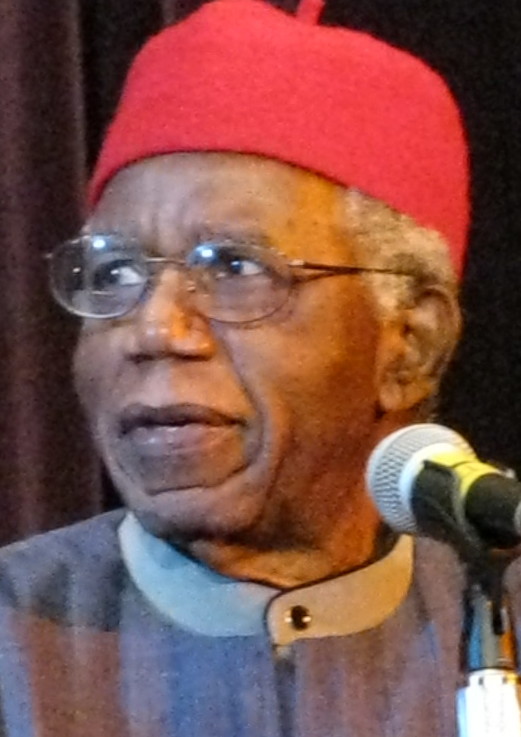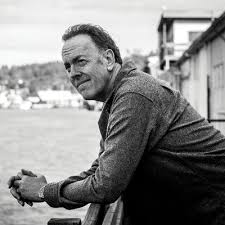“Of the many definitions of story, the simplest may be this. It is a piece of writing that makes the reader want to find out what happens next. Good writers, it is often said, have the ability to make you keep on reading them whether you want to or not—the milk boils over—the subway stop is missed…But stories also protect us from chaos, and maybe that’s what we, unblinkered at the end of the 20th century, find ourselves craving. Implicit in the extraordinary revival of storytelling is the possibility that we need stories—that they are a fundamental unit of knowledge, the foundation of memory, essential to the way we make sense of our lives: the beginning, middle and end of our personal and collective trajectories. It is possible that narrative is as important to writing as the human body is to representational painting. We have returned to narratives—in many fields of knowledge—because it is impossible to live without them.”
BILL BUFORD

